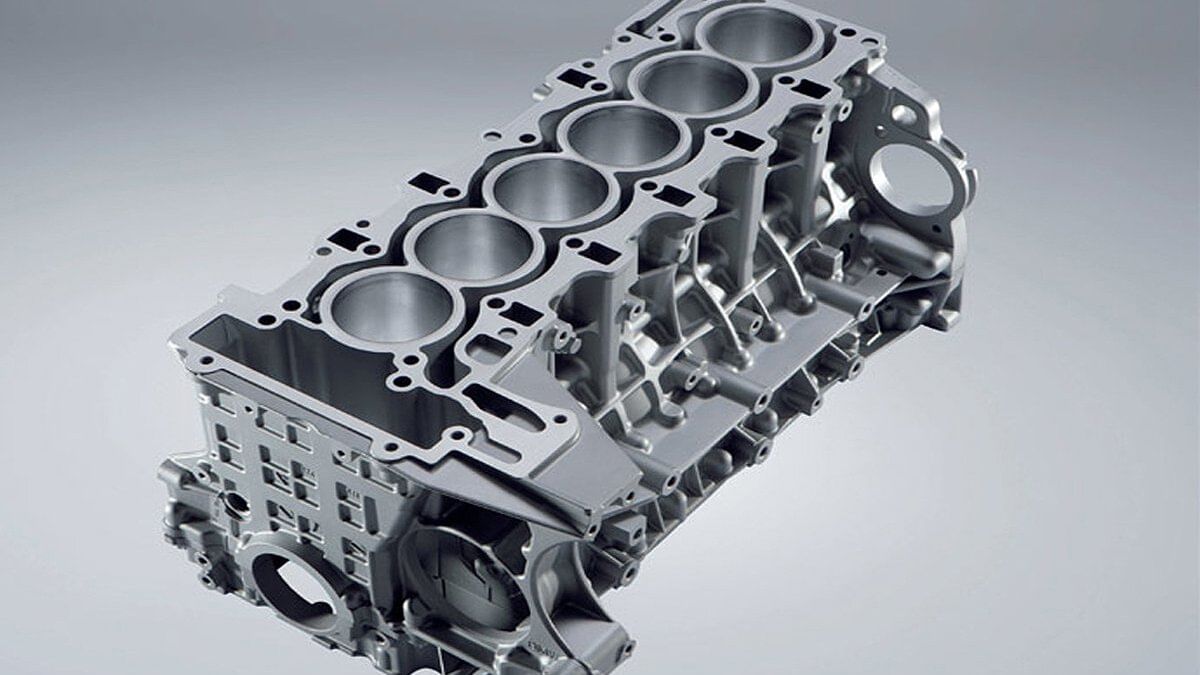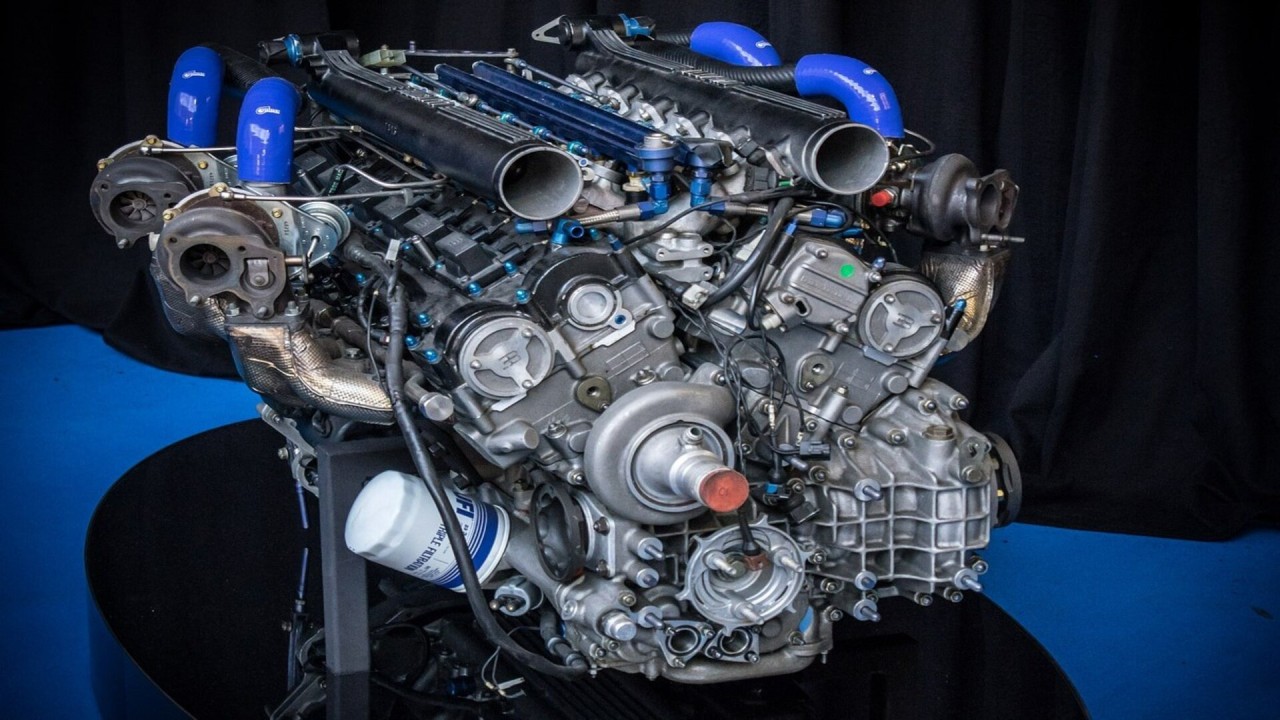A Total Overview to Purchasing From Engines For Africa
A Total Overview to Purchasing From Engines For Africa
Blog Article
Discover a Variety of Engines for each Lorry and Objective
The automobile landscape is significantly complex, with a diverse array of engine kinds created to satisfy details performance and effectiveness needs throughout numerous automobile categories. From the high-performance engines that power sports cars and trucks to the fuel-efficient choices tailored for daily travelling, the options are substantial and differed. Additionally, heavy-duty engines offer the requirements of work vehicles, while eco-friendly options are getting traction in the quest of lasting transportation. Comprehending these distinctions is crucial for making informed choices, especially as emerging technologies remain to shape the future of vehicle engineering. What effects might these developments hold for consumers and manufacturers alike?
Kinds Of Automotive Engines
Automotive engines can be categorized into several distinctive types, each made to fulfill particular performance and effectiveness demands. One of the most common groups consist of internal burning engines, electric engines, and crossbreed systems.

Electric engines, on the other hand, operate on electrical power saved in batteries, giving instant torque and no emissions. These engines are becoming significantly prominent because of advancements in battery innovation and the growing focus on sustainability.
Crossbreed systems incorporate both interior burning and electrical engines, allowing automobiles to optimize gas performance and lower emissions by effortlessly switching over in between power resources. Each engine type offers its benefits and negative aspects, influencing factors such as vehicle layout, planned usage, and market need. Understanding these differences is important for manufacturers and consumers alike when picking the suitable engine for their specific requirements.
Performance Engines for Sports Cars
Performance engines for cars are particularly engineered to supply enhanced dexterity, rate, and power, establishing them besides basic vehicle engines. These engines usually make use of sophisticated innovations such as turbocharging, supercharging, and variable shutoff timing to make the most of performance and responsiveness.
Normally, performance engines are developed with higher compression ratios, which permit better energy removal from fuel. This results in remarkable horsepower and torque figures, making it possible for quick velocity and higher leading speeds. The lightweight materials used in these engines, such as light weight aluminum and carbon fiber, contribute to decreased total lorry weight, enhancing handling and maneuverability.
Engine setups like V6, V8, and even hybrid systems prevail in efficiency sports cars, each offering special advantages in regards to power shipment and driving dynamics. The adjusting of these engines is additionally important; several makers enhance the engine administration systems to supply an electrifying driving experience, frequently including sport modes that adjust throttle feedback and equipment changes.
Reliable Engines for Daily Commuters
In the world of daily travelling, efficient engines play an essential role in maximizing fuel economy and reducing discharges while giving reliable performance. As urban populaces expand and environmental concerns intensify, the demand for lorries equipped with effective powertrains has surged.
Modern engines created for daily travelers frequently incorporate modern technologies such as turbocharging, direct gas injection, and crossbreed systems. Turbocharging improves engine effectiveness forcibly even more air into the burning chamber, permitting smaller, lighter engines that do not endanger power result. Straight fuel injection improves gas atomization, bring about far better combustion and increased efficiency.
Hybrid engines, combining internal combustion with electric power, further boost fuel economic situation, especially Get the facts in stop-and-go web traffic, where standard engines can endure from inefficiencies. Electric motors assist throughout velocity and can run separately at low speeds, lowering overall fuel intake.
Furthermore, developments in engine monitoring systems and light-weight materials add considerably to reliable engine design. By focusing on performance, longevity, and ecological sustainability, suppliers remain to supply engines that not just satisfy the demands of day-to-day commuting however also align with global initiatives to minimize carbon footprints.
Heavy-Duty Engines for Job Vehicles
Sturdy engines for work vehicles are routinely engineered to deliver extraordinary torque and integrity under demanding conditions. These engines are designed to carry out in atmospheres where conventional engines may fail, such as building and construction websites, logging procedures, and agricultural setups. The main emphasis of sturdy engines is their capacity to generate high degrees of power while maintaining sturdiness over prolonged periods of procedure.
Normally, sturdy engines use sophisticated products and durable construction techniques to endure the roughness of heavy work. Attributes such as enhanced cylinder blocks, boosted air conditioning systems, and advanced fuel shot modern technologies add to their effectiveness. These engines frequently run at lower RPMs, which assists to maximize fuel performance while supplying the required power for transporting and hauling.
In enhancement to mechanical effectiveness, sturdy engines are frequently furnished with advanced electronic control units (ECUs) that take care of performance, discharges, and diagnostics. This combination enables better surveillance and maintenance, ensuring that work automobiles remain functional and effective.
Inevitably, sturdy engines are a necessary component in the productivity of numerous industries, offering the necessary power and reliability to take on the hardest of tasks.
Eco-Friendly Engine Options
The growing focus on sustainability has resulted in the growth of environmentally friendly engine options that prioritize reduced emissions and enhanced gas performance. These engines are made to lessen the ecological impact of vehicles while still delivering the performance and dependability expected by customers.
Among the most remarkable environmentally friendly alternatives are hybrid and electric visite site engines. Crossbreed engines incorporate standard internal burning engines with electrical propulsion, allowing for reduced fuel intake and lower greenhouse gas emissions. Electric engines, on the various other hand, operate completely on battery power, generating zero tailpipe exhausts and adding to cleaner air quality.
An additional promising development is the advancement of biofuel engines, which make use of sustainable resources, such as plant products, to power automobiles (Engines For Africa). By using biofuels, these engines can minimize reliance on nonrenewable fuel sources and lower total carbon footprints

As the vehicle industry advances, green engine choices will certainly play a critical duty in driving the change towards more sustainable transportation remedies.
Final Thought
The automobile sector provides a varied range of engines designed to satisfy various automobile needs and purposes. From high-performance engines that boost cars capacities to reliable designs focusing on gas economy for day-to-day travelers, each kind offers a specific function. Durable engines accommodate robust job lorries, while environment-friendly alternatives, such as electric and biofuel engines, advertise sustainable transport. This thorough range guarantees that all driving needs are attended to, adding to developments in automobile modern technology and environmental stewardship.

Report this page